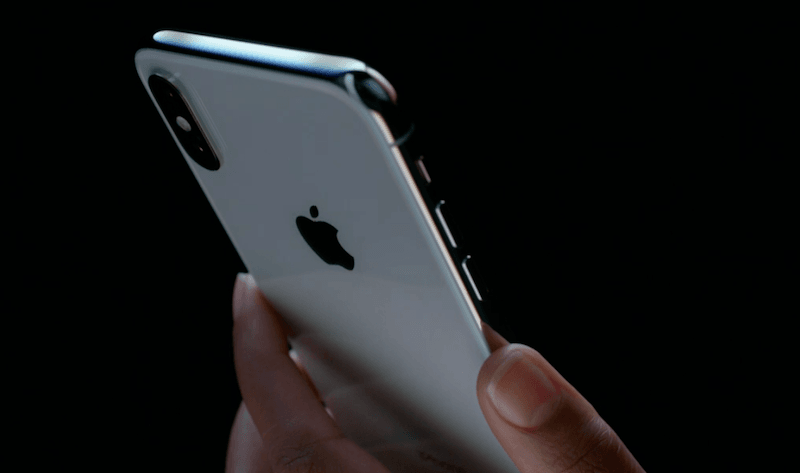“The CMA became concerned that people might have tried to repair their phone or replace it because they weren’t aware the software update had caused the handset to slow down,” the watchdog said in a statement on late Wednesday. In addition, people were not able to easily find information about the health of their phone’s battery, which can degrade over time. After the CMA raised its concerns, Apple started to be more upfront with iPhone users. “But today’s announcement locks the firm into formal commitments always to notify people when issuing a planned software update if it is expected to materially change the impact of performance management on their phones,” the watchdog added. Apple will also provide easily accessible information about battery health and unexpected shutdowns, along with guidance on how iPhone users can maximise the health of their phone’s battery. This could help people improve the performance of their own handset after a planned software update by, for example, changing settings, adopting the low power mode or replacing the battery - rather than resorting to having their phone repaired or replaced. Apple has agreed to do this both for current and future iPhones.
